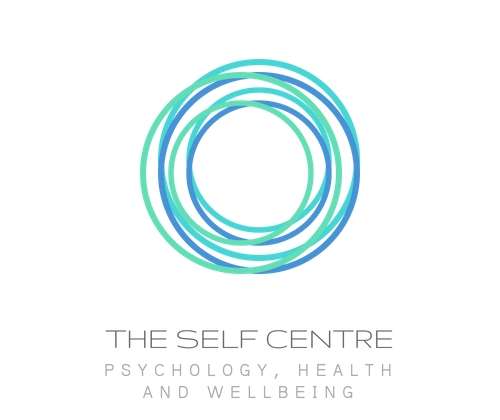
How to find a Therapist who is right for you
By Lyndsay Babcock
Principal Psychologist and Director at
The Self Centre
How to Find a Therapist That’s Right for You
Finding the right therapist can be a pivotal step towards personal growth and mental well-being. With so many options available, it can feel overwhelming to choose someone who fits your needs and preferences. Whether you’re seeking help for anxiety, depression, relationship issues, or personal development, knowing how to navigate this process can make a significant difference. Here’s a guide to finding a therapist who’s the right fit for you, including how The Self Centre can assist in making this process smoother.
Who Should You Look For?
When seeking a therapist, it’s important to consider what type of professional will best suit your needs. Therapists include psychologists, counsellors, and psychotherapists, each with different specialisations and training. Psychologists are often ideal for those looking for evidence-based therapies and comprehensive mental health assessments. If you have specific issues such as depression, anxiety, OCD, panic, ADHD, trauma, or relationship challenges, finding a therapist with experience in these areas can be beneficial.
What Should You Consider?
- Experience: Look for a therapist who has extensive experience or special interest in the areas you want to address. For example, if you’re dealing with anxiety or depression, find someone experienced in treating these conditions. At The Self Centre, our team of psychologists offers expertise in a variety of areas, including anxiety, depression, and trauma. You can also explore our Learning Hub for cost effective information about mental health.
- Therapeutic Approach: Therapists use various methods such as Cognitive Behavioural Therapy (CBT), Dialectical Behaviour Therapy (DBT), or psychodynamic therapy. Research different approaches to see which aligns with your preferences and goals. For instance, CBT focuses on changing negative thought patterns, while DBT emphasises emotional regulation and mindfulness.
- Compatibility: Personal rapport and comfort with your therapist are crucial. It’s important to feel safe and understood in the therapeutic relationship. Consider factors like the therapist’s communication style, approachability, and whether they make you feel heard and respected.
- Logistics: Practical aspects such as location and availability are also important. At The Self Centre, we offer flexible options to suit your needs:
- In-Person Sessions: We provide face-to-face therapy at our locations in Crows Nest, NSW and Kingscliff, NSW. These locations offer a comfortable and supportive environment for your sessions.
-
- Online Video Sessions: If you prefer the convenience of remote therapy, we offer online video sessions to clients across Australia. This option allows you to receive support from the comfort of your home, no matter where you are located.
Decide whether you prefer in-person sessions or online therapy and check if the therapist’s schedule aligns with yours.
Understanding the Mental Health Care Plan (MHCP) Process
If you’re considering seeking support through Medicare, a Mental Health Care Plan (MHCP) can help. To access rebates for psychological services, you’ll need a referral from your GP. Here’s a brief overview of how this process works:
- Visit Your GP: Schedule an appointment with your General Practitioner (GP) to discuss your mental health concerns. If your GP believes that psychological therapy would be beneficial, they can prepare a Mental Health Care Plan for you.
- Get a Referral: Your GP can refer you to a psychologist at The Self Centre who can provide the necessary treatment. This referral enables you to access Medicare rebates for up to 10 individual therapy sessions per calendar year.
- Claim Your Rebates: After each session, your psychologist will provide you with a receipt that you can submit to Medicare for reimbursement, reducing the cost of therapy.
How to Get Support from The Self Centre
If you’re wondering whether therapy is the right fit for you, we offer a free 15-minute intake session. This session allows you to:
- Share your concerns and goals.
- Learn more about how we work.
- Determine whether our services align with your needs.
Getting started is simple:
- Visit www.selfcentre.com.au.
- Select the BOOK NOW button to book your free intake session.
- Choose a time that works for you, and we’ll connect to explore how we can help.
For those who are not ready to start therapy, our Learning Hub offers practical, bite-sized resources designed to help you build awareness and begin managing your symptoms at your own pace.
Support is just a step away. Let us help you take the first step towards understanding, managing, and overcoming the challenges of OCD.
